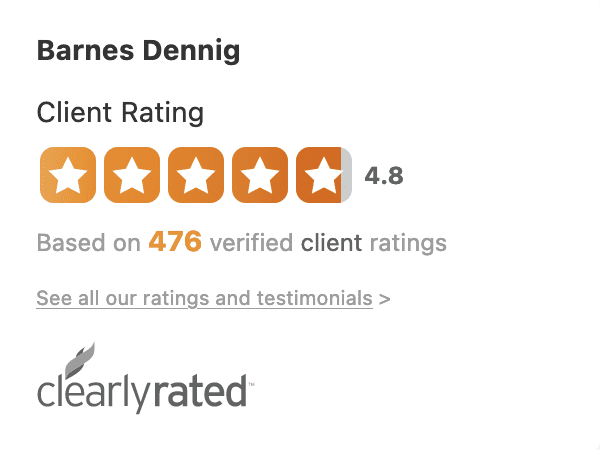
In a data-driven world, protecting Personally Identifiable Information (PII) is not only a best practice but also a legal and ethical obligation. Whether you’re managing records in an educational institution, healthcare facility, or private enterprise, PII compliance should be front and center in your organizational policies.
What is PII?
Personally Identifiable Information (PII) refers to any data that could potentially identify a specific individual. This includes both direct identifiers (like full name or Social Security number) and indirect identifiers (like date of birth or ZIP code) that, when combined with other information, can reveal someone’s identity.
The U.S. Department of Homeland Security (DHS) defines PII as: “Any information that permits the identity of an individual to be directly or indirectly inferred.”
Examples of PII include:
- Full name
- Social Security number
- Email address
- Passport number
- Phone numbers
- Driver’s license or state ID
- IP address (when tied to user behavior)
- Biometric records (fingerprints, voiceprints, etc.)
In some cases, even data like a student ID number or job title—when combined with other attributes—can be classified as PII under applicable laws such as FERPA, HIPAA, or GDPR.
Why protecting PII matters
The unauthorized exposure, access, or misuse of PII can lead to identity theft, discrimination, reputational damage, or regulatory penalties. Different sectors have specific obligations:
- Education (FERPA): PII in student records must be safeguarded from unauthorized disclosure.
- Healthcare (HIPAA): Protects “Protected Health Information,” which overlaps significantly with PII.
- Finance (GLBA): Institutions must ensure client PII is handled with strict confidentiality.
- Global (GDPR): Expands the concept of PII to include identifiers like location data and online identifiers.
To reduce the risk of PII breaches, organizations should implement a comprehensive data protection strategy. Companies can drastically reduce the number of vulnerabilities in their organization by better regulating who has access to sensitive PII and ensuring all staff are trained on proper data protection procedures. Other measures, such as data encryption and validating third-party providers’ PII handling standards, also reinforce your defenses against intentional or unintentional breaches.
Regularly auditing and evaluating your internal controls and incident response procedures is essential to maintaining a secure environment in a world where cyber threats are constantly evolving.
Determine your defense
Navigating PII compliance doesn’t have to be overwhelming. Our detail-oriented team specializes in helping organizations develop and refine their internal controls to meet all federal and industry-specific data protection standards.
Whether you’re looking to prepare for a SOC report with a focus on data privacy, ensure compliance with FERPA or HIPAA, or strengthen your vendor contracting policies, our team is here to help. We’ll support your compliance journey every step of the way and help you build trust with your stakeholders through robust privacy and data security practices.
Contact us today to schedule a consultation or check out our SOC FAQ for more details on SOC reporting and compliance.


